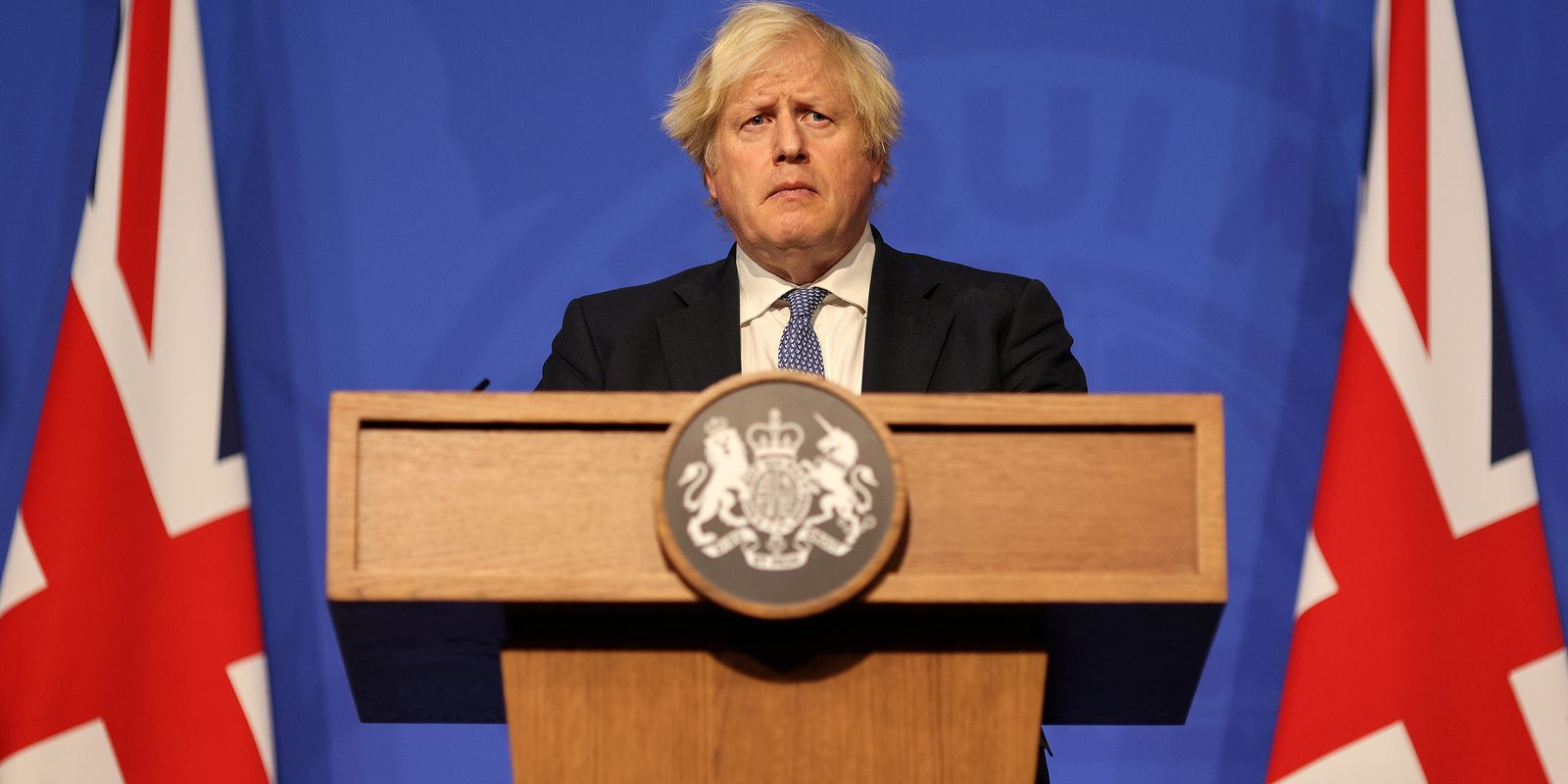The joint statement is signed by the foreign ministers of the United States, Australia, Canada, France, Germany, Italy, Japan, the Netherlands, Norway, from Spain and the United Kingdom, in addition to the European Union (EU).
These nations have “strongly” condemned the Taliban’s new policy of banning women from entering universities, made public on Tuesday, a new step after the ban on girls’ access to secondary education.
“We support Afghan women’s demands for the exercise of human rights in accordance with Afghanistan’s obligations under international law. With this decision, the Taliban further isolate themselves from the Afghan people and the international community,” they said. they warned.
In the last 16 months, during which the Taliban took power in Afghanistan after the withdrawal of American troops, the regime issued at least 16 decrees restricting women’s rights, they also denounced.
Countries cite as examples the ban on working and using public spaces, as well as the obligation to cover oneself from head to toe.
“These policies clearly show the Taliban’s disregard for the human rights and fundamental freedoms of the Afghan people,” they said.
Western allies have stressed that Afghanistan “urgently” needs women’s participation in the economy and society for the country to be “sustainable and peaceful”.
“We demand that the Taliban immediately abandon the new oppressive measures regarding the university education of women,” they concluded.
The United Nations High Commissioner for Human Rights, Volker Turk, also condemned the measure imposed by the Taliban regime and called for the decision to be reversed, considering it “another terrible and cruel blow to the rights of Afghan women and girls”. , as well as “a deeply regrettable setback for all of Afghanistan”.
Kabul’s decision was also condemned by the Organization of Islamic Cooperation (OIC), which brings together 57 countries, which in a statement said it was “dismayed” and called on the Taliban authorities to revoke the measure.
In Brussels, the head of diplomacy of the European Union (EU), Josep Borrell, on his account on the social network Twitter, had already described today as a “crime against humanity” the ban by the regime on Afghan Taliban women’s access to university.
Also on Tuesday, the UN and the United States also condemned the Taliban regime’s decision, with UN Secretary General António Guterres expressing “deep alarm” and calling on Kabul to “ensure equality of access to education at all levels”.
The Afghan Taliban regime returned to power in the country in August 2021, promising change. However, they repeat their behavior from the previous regime, between 1996 and 2001, in which, based on a rigid interpretation of Islam and its rigid social code known as Pashtunwali, they prohibited women from attending school. and arrested women at home.

“Freelance communicator. Hardcore web practitioner. Entrepreneur. Total student. Beer ninja.”







